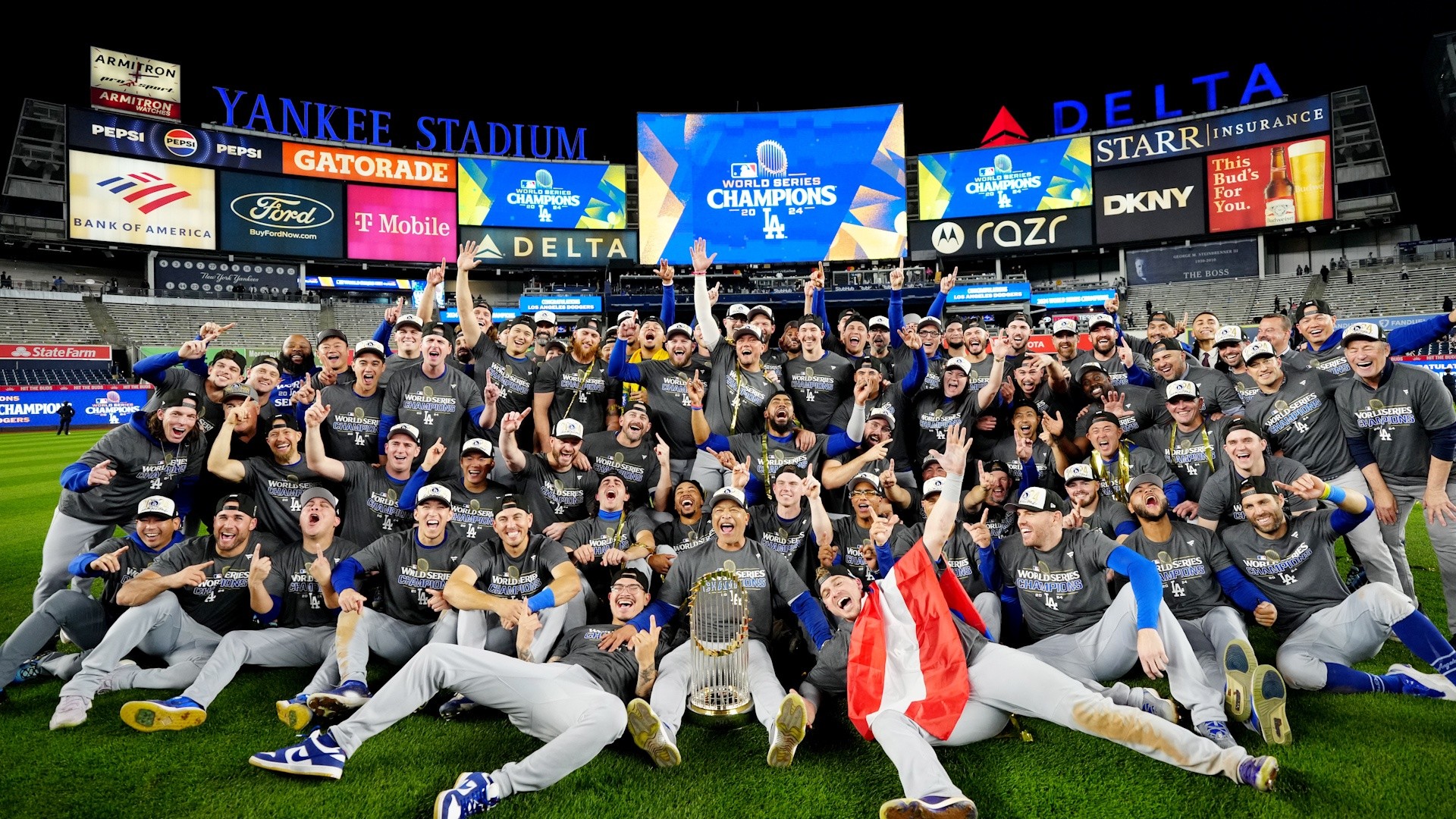When someone like Fernando Valenzuela dies, it’s in our nature to contextualize their lives.
You can start with the Cy Young Award and Rookie of the Year honors in his first full season, in which he won a World Series title as well.
You can bring up his unbelievable no-hitter in 1990, a seemingly impossible feat following years of injuries.
But what Fernando Valenzuela did for the Dodgers and the city of Los Angeles goes far beyond anything he did on the baseball field.
Get top local stories in Southern California delivered to you every morning. Sign up for NBC LA's News Headlines newsletter.
“Fernando was your classic LA story, an immigrant who comes from very little goes to one of the great cities of the world,” explained LA Times Columnist Gustavo Arellano. “There had been Mexican-American baseball players before, there had been Latino superstars before, but Fernando was the best of the best. That ‘Fernandomania’ year, 1981, Latinos were seeing themselves.”
Valenzuela’s rise to stardom, from his humble beginnings in Etchohuaquila, Sonora, Mexico, was dubbed “Fernandomania,” which gripped the city and the nation.
“This was a guy who didn't look like a star. I mean, he looked like your uncle, you know, kind of pudgy, kind of bushy hair, not an athlete, like a Ken Griffey Junior or Shohei Ohtani,” Arellano said. “He became a national phenomenon. Wherever he would go in the country, the stadiums would sell out. People were rooting for their own team, but they kind of wanted to see Fernando dominate their team as well.”
Local
“Fernandomania” changed not only the Dodgers franchise, but its fanbase, as well.
Suddenly, Latinos in Los Angeles — many of whom still bitter about the displacement of Latino families from Chavez Ravine two decades earlier — became Dodger fans, forever changing the demographics of those who attended games and becoming a significant part of the culture in many of LA’s primarily Latino neighborhoods.
“You’ve gotta understand, for us Chicanos or Mexican-Americans, he was our Muhammad Ali,” said Sergio Juarez. “Mexican-Americans really didn't like going to baseball games, but he changed that. He changed all of that. He made us believe. He made us look into what baseball was.”
Juarez is a lifelong Dodgers fan who grew up just a few miles from Dodger Stadium.
His youth and the Dodgers are connected not unlike the connection between a pitcher and catcher, and Valenzuela was the reason why.
“My parents, right away, you know, they started crying. We all cried. It was different,” Juarez said. “It was different because Fernando looked like us. Fernando was someone that was humble, and he broke barriers that a lot of people wouldn't even reach.
“And to see a person that had a Spanish surname Mexican-American came from a small town. It was very special. It was very special,” he added.
Valenzuela’s impact on the Latino community is immeasurable.
“People knew when they were seeing Fernando on the mound, you saw magic,“ Arellano explained. “He brought so much excitement to the game and not just to the game, but he made Latinos dream that they can, too, be the best of the best at your particular profession.”
After retiring from Major League Baseball in 1997, the pitching legend eventually found his way into the broadcasting booth at Dodger Stadium in 2003, and spent the rest of his life giving analysis in Spanish to a whole new generation of fans.
“I’ll remember him as someone that just didn't play baseball. He also cared about the community. He would visit local elementary schools. He would participate in a lot of commercials that would tell children to stay off drugs,” Juarez said. “He was someone that really cared about the youth here.”
The Dodgers have a longstanding rule of only retiring the jersey numbers of players who are in the Baseball Hall of Fame, one of the few things Valenzuela never accomplished in his life.
But last year, the team broke its own rule to retire Valenzuela’s famous No. 34 jersey.
“Overall, he did not have a Hall of Fame career. I totally understand and understood the cultural impact that Fernando had, but for me, it just seemed it just seemed too transactional that, oh, we should like Fernando because he brought all these Latino fans into the game,” Arellano said. “But just seeing the outpouring of grief and stories that people are telling about being seen, that's when it made me realize … what Fernando exemplified was the magic of baseball.
“Fernando exemplified that. That's why I do think now he should be in the Hall of Fame. He is one of the immortals of Major League Baseball,” he added.



